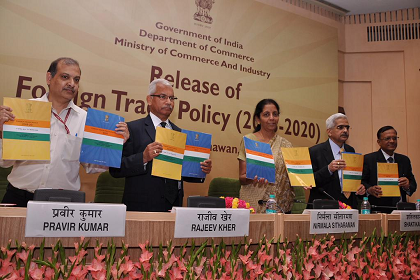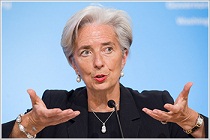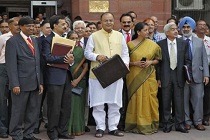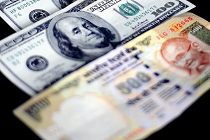Trade targets and foreign policy
Rajrishi Singhal, Senior Geoeconomics Fellow, Gateway House, has written an article on India's trade targets and foreign policy. This article has been published by Livemint

Former Senior Fellow, Geoeconomics Studies
Masters in Economics, Jadavpur University, Kolkata
Politics of international business, finance, economics and trade
 Courtesy: Livemint
Courtesy: Livemint
 Courtesy: FIEO Hyderabad
Courtesy: FIEO Hyderabad
 Courtesy: IMF
Courtesy: IMF
 Courtesy: RBI
Courtesy: RBI
 Courtesy:
Courtesy:
 Courtesy: topnews.in
Courtesy: topnews.in
 Courtesy: http://photos.state.gov
/libraries/america/3239/
Courtesy: http://photos.state.gov
/libraries/america/3239/
 Courtesy: wikimedia.org
Courtesy: wikimedia.org
 Courtesy: MEA/Government of India
Courtesy: MEA/Government of India
 Courtesy: wikimedia
Courtesy: wikimedia
